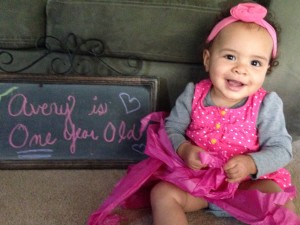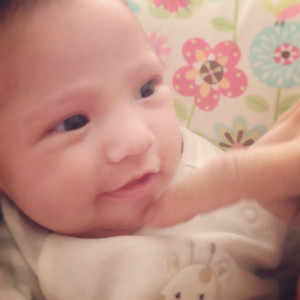
Adoption laws vary from state to state and so do birth parent rights. Below are just a few of the universal rights in open adoption. Many of these are either misunderstood or not commonly known.
Right to counseling
Many states require at least one counseling session prior to a birth parent signing consent paperwork. If the birth family wants additional counseling, the adoptive parents generally cover the reasonable cost of this. Counseling is typically done with an experienced social worker who specializes in adoption and working with birth parents. The counselor usually discusses alternatives to adoption. She may explore why a birth parent has chosen adoption. Additionally, she also talk about the adoptive family the birth parent has chosen. Most states also permit adoptive parents to cover the cost of birth parent counseling with a licensed therapist. This counseling can happen before and after the baby is born.
Grief counseling
Once the baby is born, counseling after delivery may be a good idea. Many birth families experience varying levels of grief. Sadness is normal. Some women are surprised when they don’t feel the sadness right away. Talk with your adoption agency or attorney about grief counseling. It may be available even years after the adoption is finalized.
Naming the baby
In virtually every state, the birth parent has the right to name the baby. This name appears on the baby’s original birth certificate. Many birth families like to discuss names with the adoptive family. This is a great time to get to know each other better. It’s also a nice opportunity for the birth family to be involved in the process. After the adoption is finalized, a new birth certificate is issued with the name the adoptive parents give the child. Frequently, birth parents and adoptive parents will talk about the names they plan for the child. Sometimes the adoptive parents will keep the name the birth parent has chosen. In other cases, they may incorporate this name into the child’s middle name.
Choosing names
When a birth parent choose a name for the baby, she may feel more connected to the baby. She might feel naming creates too much of a connection with the adoptee. A birth parent might want the adoptive parents to choose the name so they feel more connected to the baby. Whatever you decide, just make sure you’re honest with yourself about what you want. Honor your feelings and don’t do anything you aren’t comfortable with. Talk with the adoptive parents about your feelings. Your attorney or adoption agency can guide you as well.

Spending time with the baby in the hospital
Birth parents absolutely have the right to be with their child in the hospital. They have the right to hold and feed and spend quality time with the child. You are your baby’s parent until you say otherwise. Unfortunately, some hospital workers will give birth parents the impression that they cannot see or spend time with the baby. Some will also come right out and tell birth parents that they should stay away to give the adoptive parents time to bond. While these workers may be well-meaning, they are wrong. The time a birth parent spends with the baby can be critical to the grief and healing process. It is also an opportunity for the birth parents and adoptive parents to share in the moment of their child’s birth, the shared love and respect for each other, and the basis for building a trusting relationship with each other.
Changing your mind about the adoption
A birth parent cannot sign consents or relinquishment to an adoption until after the baby is born, and usually, after the birth parent has been discharged from the hospital. This is true in almost every state. Each state also has its own laws about how much time a birth parent has to revoke her consent to an adoption. This can range from 24 hours to 30 days. Once this revocation period has passed, you cannot change your mind about the adoption. We always recommend that a birth parent wait until she is absolutely sure about the adoption before signing anything. There is no law that says when a birth parent has to sign their consent or relinquish to an adoption agency, only that a certain amount of time must first pass. Sometimes the birth family will want to finalize an open adoption agreement with the adoptive family before they sign adoption paperwork with an attorney or adoption agency.

Contact with the baby and adoptive family
Most open adoptions will include a plan for contact before birth, after the baby is born, and beyond. This future contact can include photos, letters, phone calls, and in-person visits. Studies show that some future contact between the birth family and the adoptee benefits all parties involved. If you aren’t comfortable with direct contact with the adoptive family, you can arrange for contact through your adoption agency. Any open adoption agreement should take into account the best interests of the child, the adoptee. The adoptive parents and the birth family should continue conversations throughout the adoptee’s life to make sure those interests are clear. Finally, in many states, the parties file open adoption agreements with the adoption paperwork when the adoption is finalized. This makes the agreement court-enforceable.
Contact me today to learn more about your rights. I’m a birth mother and an adoption attorney. Read my story here!
Images Courtesy of Family Formation: Client photos printed with permission.

